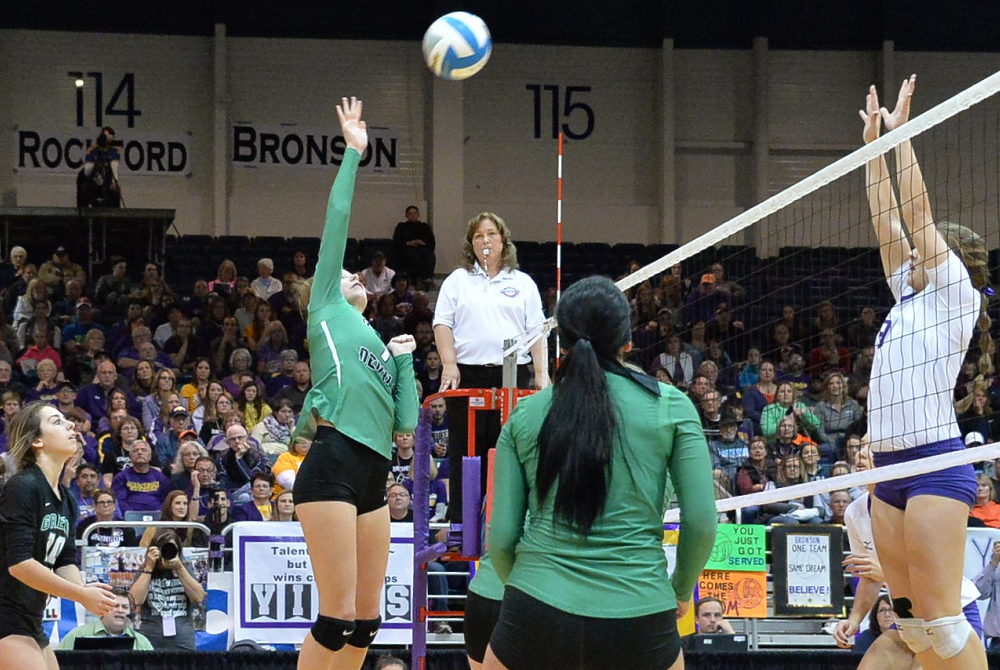
Be the Referee: Untimed Down
October 13, 2016
This week, MHSAA assistant director Mark Uyl discusses untimed downs in football, a hot topic given a scenario involving one of our in-state universities earlier this season.
Be The Referee is a series of short messages designed to help educate people on the rules of different sports, to help them better understand the art of officiating, and to recruit officials.
Below is this week's segment – Untimed Down - Listen
A few weeks back, the Central Michigan-Oklahoma State football game generated a lot of conversation about the playing rules when any period gets extended with an untimed down.
Many times announcers will wrongly talk about an accepted defensive penalty, that it then means the offense gets one more snap. Under high school rules, whenever there’s an accepted penalty on the last play of the period, there is one untimed down. The only exceptions to this – just like the college rules – are those penalties which also bring about a loss of down.
NOTE: Penalties which bring about a loss of down are: Intentional Grounding, Illegally Handing Ball Forward, Illegal Forward Pass and Illegal Touching.
Past editions
October 6: Soccer Penalty Kick Change - Listen
Sept. 29: Preparation for Officials - Listen
Sept 22: You Make the Call: Returning Kickoffs - Listen
Sept. 15: Concussions - Listen
Sept 8: Equipment Covering the Knees - Listen
Sept. 1: Play Clock Experiment - Listen
Aug. 25: Clipping in the Free Blocking Zone - Listen

Be the Referee: Volleyball Double & Lift
By
Paige Winne
MHSAA Marketing & Social Media Coordinator
October 3, 2023
Be The Referee is a series of short messages designed to help educate people on the rules of different sports, to help them better understand the art of officiating, and to recruit officials.
Below is this week's segment – Volleyball Double & Lift - Listen
You’re sitting at a volleyball match and hear parents in the stands yell “Double!” or “Lift!”
What do those terms mean, and why are they yelling them?
Double refers to double contact. That’s when a player hits the ball twice in a row or if the ball touches two parts of the player’s body in succession. If a setter hits the ball with one hand then the other – even if immediate, it’s a double. She needs to set with both hands at the same time.
A lift is when the player, typically a setter, has prolonged contact with the ball that results in throwing or re-directing the ball back into play. The ball doesn’t rebound off the player's fingers or hands, but is directed by the player.
The official on the stand at the net is in the best position to notice these fouls.
Previous Editions
Sept. 26: Registration Process - Listen
Sept. 20: Animal Interference - Listen
Sept. 13: Feet Rule on Soccer Throw-In - Listen
Sept. 6: Volleyball Jewelry - Listen
Aug. 30: Football Rules Similarities - Listen
Aug. 23: Football Rules Differences - Listen
(PHOTO by Gary Shook.)

